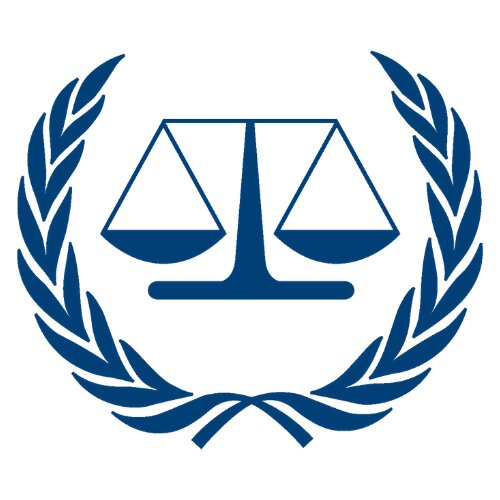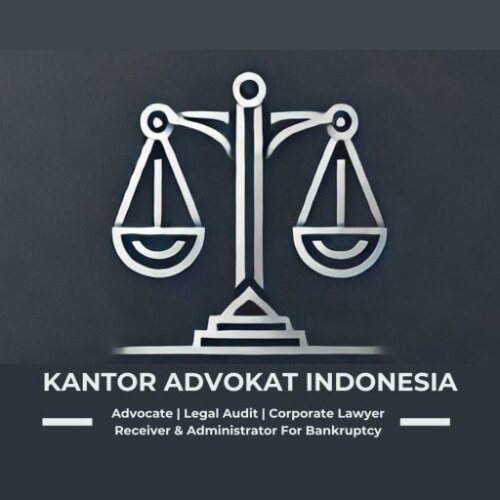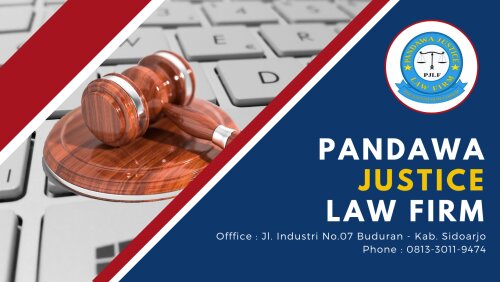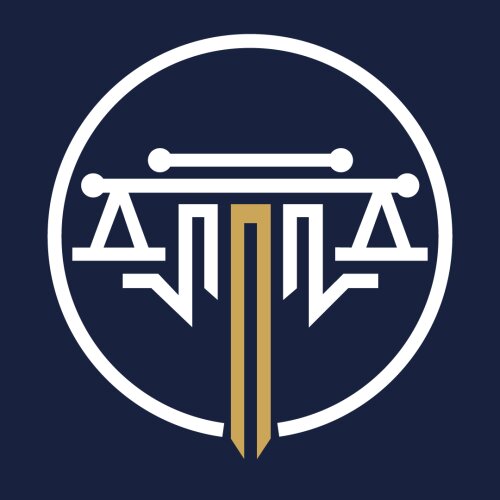Best Constitutional Law Lawyers in Jakarta
Share your needs with us, get contacted by law firms.
Free. Takes 2 min.
List of the best lawyers in Jakarta, Indonesia
About Constitutional Law in Jakarta, Indonesia:
Constitutional law in Jakarta, Indonesia establishes the basic principles and rules governing the relationships between the government and its citizens. It outlines the organization and powers of the government, as well as the rights and duties of individuals. The Constitution of Indonesia, enacted in 1945, is the supreme law of the land and serves as the foundation of constitutional law in Jakarta.
Why You May Need a Lawyer:
There are various situations where you may require legal help in constitutional law, such as challenging government actions that violate your constitutional rights, addressing issues related to freedom of speech or religion, resolving disputes over constitutional interpretation, or seeking redress for violations of constitutional guarantees.
Local Laws Overview:
In Jakarta, Indonesia, constitutional law is based on the Constitution of Indonesia, which guarantees fundamental rights and freedoms to its citizens. Some key aspects of local laws relevant to constitutional law include the protection of human rights, the principles of the rule of law, and the separation of powers between the executive, legislative, and judicial branches of government.
Frequently Asked Questions:
Q: What are constitutional rights?
A: Constitutional rights are the fundamental rights and freedoms guaranteed to individuals by the constitution, such as the right to freedom of speech, the right to freedom of religion, and the right to equal protection under the law.
Q: How can I challenge a government action that violates my constitutional rights?
A: You can seek legal assistance from a constitutional law lawyer to help you challenge a government action that violates your constitutional rights through administrative or judicial remedies.
Q: What is the role of the judiciary in upholding constitutional rights?
A: The judiciary plays a crucial role in upholding constitutional rights by interpreting and enforcing the constitution, ensuring that government actions are consistent with constitutional principles, and providing remedies for violations of constitutional guarantees.
Q: How can I file a constitutional law case in Jakarta, Indonesia?
A: To file a constitutional law case in Jakarta, Indonesia, you will need to consult with a lawyer who specializes in constitutional law to prepare and present your case before the relevant judicial authorities.
Q: Can the Constitution of Indonesia be amended?
A: Yes, the Constitution of Indonesia can be amended through a specific process outlined in the constitution, which involves the participation of the People's Consultative Assembly and the approval of a two-thirds majority of its members.
Q: What are the limitations on constitutional rights in Jakarta, Indonesia?
A: Constitutional rights in Jakarta, Indonesia are not absolute and may be subject to certain limitations to protect public order, national security, morality, or the rights of others.
Q: What is the principle of the rule of law in constitutional law?
A: The principle of the rule of law in constitutional law ensures that government actions are based on law, are consistent with constitutional principles, and are subject to legal review to prevent arbitrary exercise of power.
Q: What is judicial review in constitutional law?
A: Judicial review in constitutional law is the power of the judiciary to review and invalidate laws, regulations, or government actions that are deemed unconstitutional and violate fundamental rights or constitutional guarantees.
Q: Can I challenge a law as unconstitutional in Jakarta, Indonesia?
A: Yes, you can challenge a law as unconstitutional in Jakarta, Indonesia by filing a judicial review petition before the Constitutional Court, which has the authority to examine the constitutionality of laws and regulations.
Q: How can I protect my constitutional rights in Jakarta, Indonesia?
A: You can protect your constitutional rights in Jakarta, Indonesia by being informed about your rights, seeking legal advice when needed, participating in civil society activities, and holding government accountable for respecting and upholding constitutional principles.
Additional Resources:
For more information on constitutional law in Jakarta, Indonesia, you can visit the Indonesian Constitutional Court website, the Legal Aid Foundation of Indonesia, and the Indonesian Legal Resource Center.
Next Steps:
If you require legal assistance in constitutional law in Jakarta, Indonesia, contact a qualified lawyer specializing in constitutional law to discuss your case, explore your legal options, and seek advice on how to protect and enforce your constitutional rights.
Lawzana helps you find the best lawyers and law firms in Jakarta through a curated and pre-screened list of qualified legal professionals. Our platform offers rankings and detailed profiles of attorneys and law firms, allowing you to compare based on practice areas, including Constitutional Law, experience, and client feedback.
Each profile includes a description of the firm's areas of practice, client reviews, team members and partners, year of establishment, spoken languages, office locations, contact information, social media presence, and any published articles or resources. Most firms on our platform speak English and are experienced in both local and international legal matters.
Get a quote from top-rated law firms in Jakarta, Indonesia — quickly, securely, and without unnecessary hassle.
Disclaimer:
The information provided on this page is for general informational purposes only and does not constitute legal advice. While we strive to ensure the accuracy and relevance of the content, legal information may change over time, and interpretations of the law can vary. You should always consult with a qualified legal professional for advice specific to your situation.
We disclaim all liability for actions taken or not taken based on the content of this page. If you believe any information is incorrect or outdated, please contact us, and we will review and update it where appropriate.
















